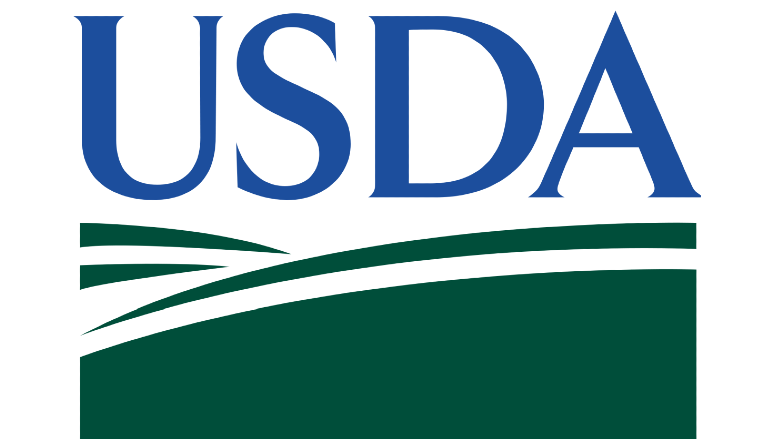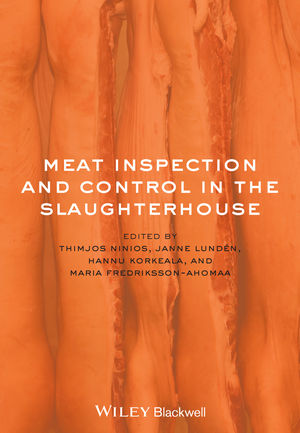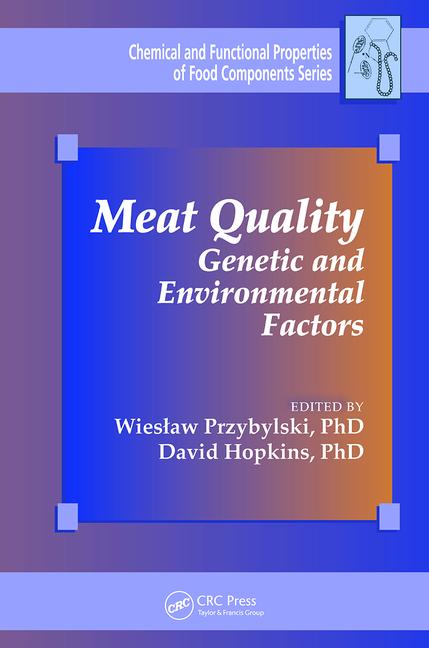USDA and Pennsylvania award more than $26 million to strengthen food infrastructure
Funding will support projects to build resilience across the middle of the supply chain.

Courtesy of the USDA
The U.S. Department of Agriculture’s Agricultural Marketing Service has entered a cooperative agreement with Pennsylvania under the Resilient Food Systems Infrastructure Program (RFSI).
Through this agreement, USDA and Pennsylvania are working together to offer more than $26 million in competitive grant funding for projects to build resilience across the middle of the supply chain. Pennsylvania is accepting applications for this Infrastructure Grant funding through March 30, 2024.
The announcement was made during the Public Officials Day Luncheon at the Pennsylvanian Farm Show with Agriculture Secretary Tom Vilsack, Pennsylvania Gov. Josh Shapiro and Pennsylvania Secretary of Agriculture Russell Redding. Vilsack highlighted USDA efforts to build resilience in the food supply chain and provide more, new and better markets to small- and mid-sized farms and food businesses.
In May 2023, USDA announced the availability of up to $420 million through RFSI to strengthen local and regional food systems. Through this program, AMS has entered into cooperative agreements with state agencies, commissions, or departments responsible for agriculture, commercial food processing, seafood, or food system and distribution activities or commerce activities in states or U.S. territories. RFSI is authorized by the American Rescue Plan. Updates for each state’s Request for Applications for the RFSI program are available on the AMS website.
“At USDA, we recognize food businesses in the middle of the supply chain are essential to ensuring producers can get their product from the field to market and Americans have sustainable access to fresh, quality agricultural products,” Vilsack said. “Pennsylvania’s investments through USDA’s Resilient Food Systems Infrastructure Program will support these businesses by building stronger infrastructure which will contribute to a thriving agricultural economy within the state.”
Using RFSI funding, Pennsylvania will fund projects that strengthen the state’s food systems by increasing capacity and resilience in middle of the supply chain for farm and food businesses and other eligible entities. Middle-of-the-supply-chain activities include bundling of products from small suppliers, processing, or distribution to create more opportunities for Pennsylvania’s agriculture and food manufacturing industries.
The Pennsylvania Department of Agriculture has identified multiple funding priorities for projects such as those that benefit historically underserved farmers, projects focused on processing for dairy, fruit, vegetable, and organic commodities; projects that enhance worker safety and training; and projects submitted directly by growers, producers, processors, and shippers.
The state’s priorities are informed by stakeholder engagement and outreach to underserved producers to better understand their needs, building on the work of the PA Food Policy Council, Economic Impact Report of Agriculture, and the PA Farm Bill to create localized, resilient food systems.
“This partnership between USDA and Pennsylvania is allowing critical funding to reach areas of the supply chain that need it most,” said USDA Marketing and Regulatory Programs Under Secretary Jenny Lester Moffitt. “The projects funded through this program will create new opportunities for the region’s small and midsize producers to thrive, expand access to nutritious food options, and increase supply chain resiliency.”
Those interested in receiving a subaward should apply directly through Pennsylvania Department of Agriculture by March 30, 2024. AMS encourages applications that serve smaller farms and ranches, new and beginning farmers and ranchers, underserved producers, veteran producers, and underserved communities.
Through the program and in addition to the Infrastructure Grant funding, the Pennsylvania Department of Agriculture will support supply chain coordination and technical assistance to farmers and food businesses operating in processing, aggregation and distribution — all critical activities to support access to more and better markets for farmers.
For more information, visit the AMS Resilient Food Systems Infrastructure webpage.
Source: USDA
Looking for a reprint of this article?
From high-res PDFs to custom plaques, order your copy today!








